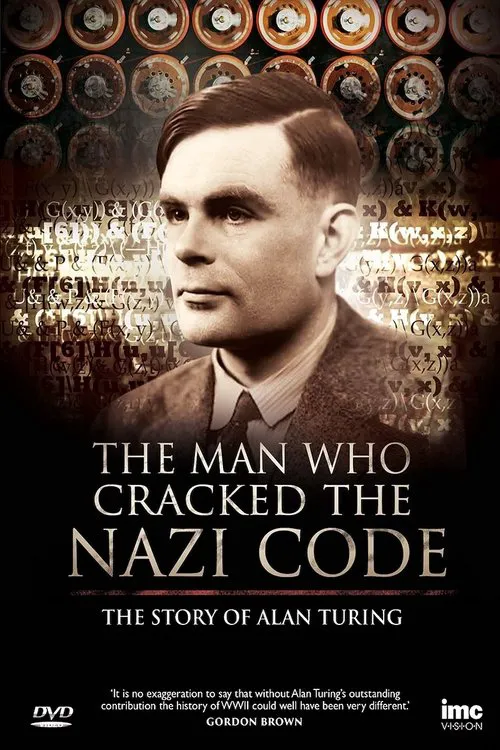The Man Who Cracked the Nazi Code: The Story of Alan Turing

あらすじ
In 1939, at the outset of World War II, British codebreakers at Bletchley Park were frantically racing against time to crack Germany's encrypted communications, which the Nazis had cleverly dubbed 'Enigma.' Amidst the chaos of an impending war, the Allies found themselves struggling to decipher the complex ciphers used by the German military, and their efforts were in dire need of breakthroughs and innovative solutions. Amidst this backdrop, a quiet, unassuming genius was about to change the course of history: Alan Turing. Alan Mathison Turing, a British mathematician, computer scientist, and logician, had a profound impact on the Allied forces' war efforts. Born on June 23, 1912, in London, England, Turing's inquisitive nature and innate genius led him to pursue careers in mathematics and computer science. His contributions in these fields would be instrumental in transforming the war's outcome. Upon the outbreak of World War II, Turing, along with a cohort of talented British mathematicians, linguists, and engineers, was recruited to join the cryptanalysis team at Bletchley Park, a top-secret facility tasked with cracking the German Enigma code. Among the other codebreakers at Bletchley was Gordon Welchman, a charismatic engineer who would later become Turing's closest collaborator. As the war raged on, Turing, working closely with Welchman and fellow cryptanalyst Jack Good, made groundbreaking breakthroughs in cracking the Enigma code. Their efforts involved deciphering the code's patterns and permutations, often working through complex mathematical equations and computational models. Utilizing a machine known as the Bombe, a contraption built to simplify Enigma code processing, Turing's team was able to make rapid progress. A major turning point came when Turing and his team developed a method to identify the rotor settings that governed the Enigma machine's encryption. Although their work was classified, word of Turing's accomplishments gradually spread throughout the British government. Churchill himself took notice of Turing's progress, famously recognizing the significance of his work in codebreaking. Turing's codebreaking prowess soon became indispensable to the British war effort. Intelligence gleaned from Bletchley's efforts enabled the British military to anticipate German strategic movements, significantly reducing losses and improving operations. The Enigma-breaking code allowed British naval forces to target and sink German U-boats, thereby safeguarding Allied shipping lanes. Furthermore, intelligence gleaned from Enigma communications helped the Allies pinpoint key targets for bombing campaigns, leading to strategic victories. As Bletchley's success mounted, so too did the pressure on Turing, who continued working tirelessly. His remarkable intellect allowed him to excel in an environment marked by long hours, intense pressure, and secrecy surrounding their work. Turing's innovative approach and willingness to think outside the box enabled the codebreaking team to stay one step ahead of their German adversaries. This unrelenting determination was pivotal in cracking one of the most complex codes in history. Beyond the confines of Bletchley Park, Turing's groundbreaking contributions went largely unnoticed. The world at large, however, soon became aware of the immense impact his codebreaking work had on the tide of the war. As Winston Churchill proudly acknowledged the pivotal role of Turing and his team, the significance of their work slowly filtered into the public consciousness, paving the way for an unparalleled shift in the balance of power. But the story of Alan Turing's impact on World War II remains, in many ways, incomplete. His pioneering work laid the groundwork for the development of modern computer science and artificial intelligence. In the aftermath of the war, Turing's work at Bletchley was declassified, revealing the extent of his groundbreaking contributions to the war effort. The recognition and accolades that followed were but a small fraction of his due.
レビュー
おすすめ




